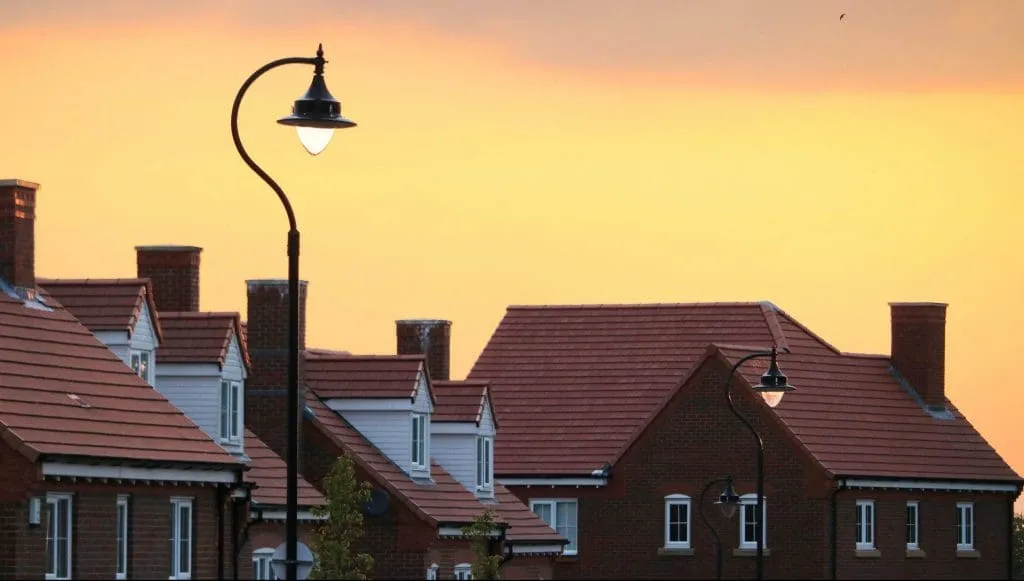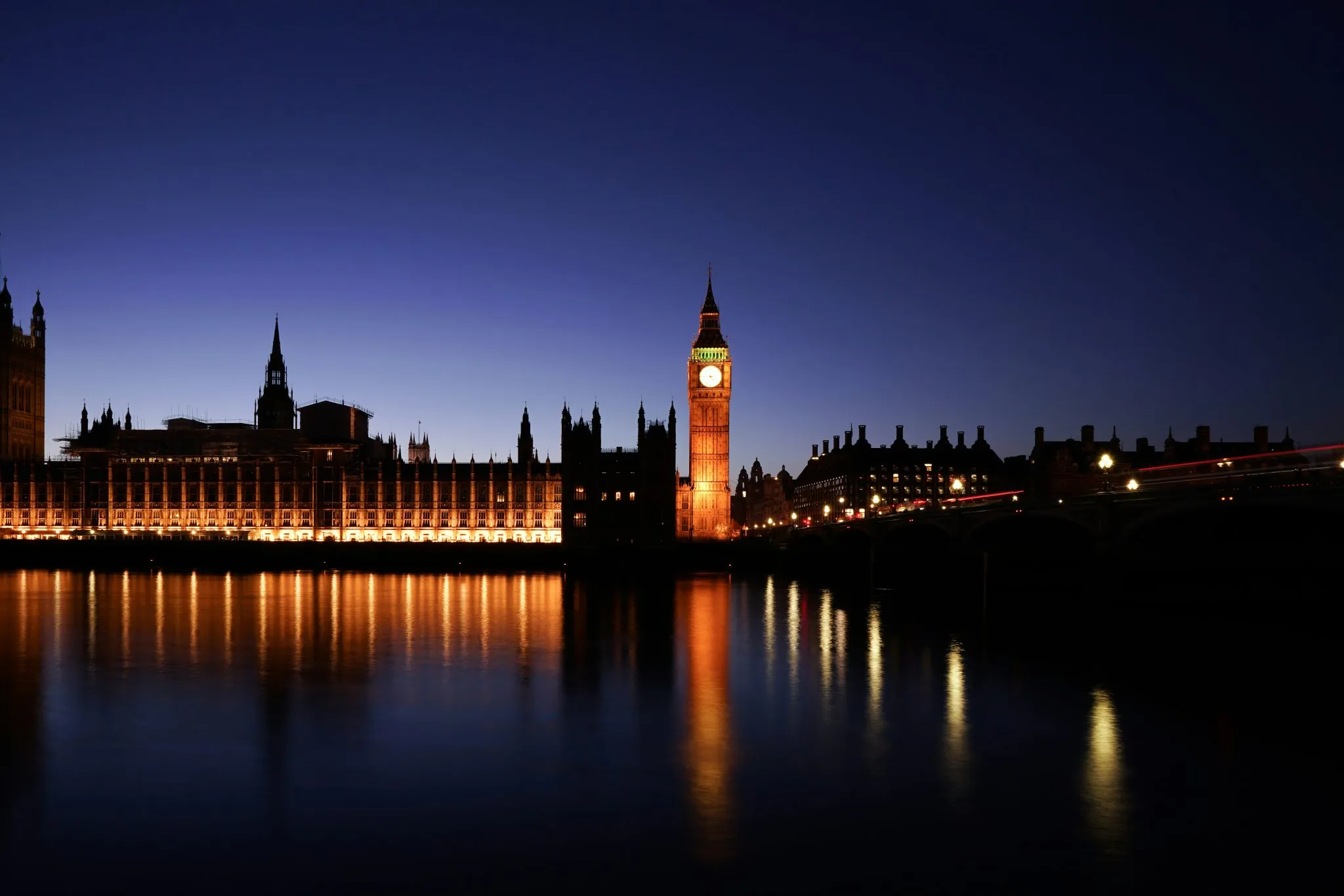UK Spouse Visa Accommodation Requirements
In order to be eligible for a UK Spouse visa, you must demonstrate that where you’ll be staying when you’re in the UK meets the minimum requirements to comply with health, safety, and legal occupancy requirements.
For more information about the Spouse visa, its accommodation requirements, and everything else you need to do to be eligible for a visa, reach out to one of our immigration law advisers on 0333 4149244, or contact us online.
Read our 1001 reviews
Overview of Spouse Visa Accommodation Requirements
In order to qualify for a UK Spouse visa (or a UK Partner visa or Civil Partner visa), one of the many criteria you must fulfil is the adequate accommodation requirement.
This means that wherever you stay while you’re in the UK, your place of abode will be authorised for legal occupancy, comply with public health regulations, and not be overcrowded.
You must also prove that you’ll be able to obtain this accommodation without recourse to public funds. This means not claiming any sort of state benefits or accessing the UK’s state welfare system.
To achieve this, you will normally have to prove that wherever you stay will be owned exclusively by your family, or be used exclusively for your own occupation.

What Are the Accommodation Requirements?
There are four main requirements that your accommodation in the UK must satisfy for the Spouse visa application. Your accommodation must:
- Be legally owned or occupied exclusively by you or your family
- Be obtained without recourse to public funds
- Not be overcrowded
- Not breach public health and safety violations
Each of these requirements have their own detailed guidelines and stipulations you must follow in order to satisfy the accommodation requirements, which are listed below.
What Are the Legal Exclusive Occupancy Requirements?
Overview of the Exclusive Occupancy Requirement
The legal, exclusive occupancy requirement has two parts. The first concerns the requirement that you stay in accommodation that your family own or occupy exclusively.
This doesn’t mean that you and your spouse must be the only occupants in the whole property. It simply means that there must be a dedicated portion of the property that is set aside for you and your spouse to occupy.
You may share the entire property with other members of your or your spouse’s family, friends, or unrelated housemates. For example, the sharing of common areas such as kitchens and bathrooms is also permissible under the guidelines.
The most important thing is that you and your spouse have a portion of the property (such as a bedroom) dedicated to your own exclusive occupancy only.
Note that this requirement must also apply without contravening the overcrowding guidelines.
Overview of the Legal Occupancy Requirement
The second part of the legal, exclusive occupancy requirement refers to the need for the accommodation to be legally owned or occupied by your family.
You will need to demonstrate this through documents that prove that you and your spouse can legally occupy the property, such as:
- A mortgage agreement
- Title deed to the property
- Tenancy agreement, or a letter from the landlord confirming that rent is paid regularly and on time and that the property is legally occupied by the applicant
- A letter from the council confirming the basis in which the occupier resides at the property and that they can legally reside there (if the property is rented from a local council)
If your accommodation will be provided by a friend or family member, you will also have to supply a letter written by them confirming that they will accommodate you and your spouse in their home, and that they can legally sublet to you or take you in as lodgers.
You will also have to provide a document confirming that the friend or family member has the legal right to own or occupy the property.
What Are the Recourse to Public Funds Requirements?
It will be possible for your sponsor in the UK to access public funds at the time of your application, and after your arrival in the UK after obtaining a Spouse visa. This will not negatively affect your Spouse visa application.
Whatever benefits your sponsor receives may be put forwards to obtaining adequate accommodation for you in the UK.
However, the Home Office guidelines state that this will only become an issue if your sponsor will be entitled to additional benefits as a result of your presence in the UK.
This would be considered under the terms of the Spouse visa application to be having recourse to public funds. You will likely not be able to meet the accommodation requirements if these benefits are applied to the acquisition of accommodation in the UK.
However, note that there are also certain exceptional cases where you may be able to claim certain public funds in your own right, such as if your home country has a reciprocal agreement with the UK.

What Are the Overcrowding Requirements?
Overview of Overcrowding Requirements
You must prove to the Home Office that your accommodation in the UK will not exceed the overcrowding requirements as set out in the Housing Act 1985.
Accommodation will be considered to be overcrowded if either of the following apply:
- There are not enough bedrooms available in the property for two people aged 10 or over (who are not a couple) of the opposite sex to sleep in separate rooms
- There are more people occupying a single property than is permitted by the guidelines
The number of people legally allowed to occupy a single bedroom is dependent on the size of the room and the ages of the occupants.
Note that only rooms 50 square feet or over can be counted as bedrooms. Additionally, spaces such as living rooms may be counted as bedrooms, but not kitchens and bathrooms.
How to Calculate if a Property is Overcrowded
In order to calculate whether a property is overcrowded or not, you must first count the total number of people living in the property. Children under the age of 1 are not counted, and children aged 1 to 10 count as half a person.
You must then count the number of rooms that could be used as bedrooms in the property (noting the minimum size requirement and exclusion of kitchens and bathrooms, as already mentioned). After this, you may then compare the number of people with the number of viable bedrooms, taking into account their ages, gender, and whether they are a couple.
You must use the below tables to compare the number of people with the number of viable bedrooms:
| Floor area of room | Maximum number of people who can occupy the room |
| 110 sq ft or more | 2 |
| Between 90 sq ft and 109.99 sq ft | 1½ |
| Between 70 sq ft and 89.99 sq ft | 1 |
| Between 50 sq ft and 69.99 sq ft | ½ |
| Number of viable bedrooms | Maximum number of people who can occupy the property |
| 1 | 2 |
| 2 | 3 |
| 3 | 5 |
| 4 | 7.5 |
| 5 | 10 |
| More than 5 rooms | Additional 2 people for each room |
When May a Property Be Overcrowded?
There are a few cases where a property may be legally considered to be overcrowded according to the guideline definitions.
These include if:
- A child has just been born or a child had just turned 10 and alternative arrangements have not yet been made to solve the overcrowding issue
- There are temporary living arrangements in place, such as if a friend or other family members come to visit the property for a short period of time
- The local authority has given specific licence for the property to be legally overcrowded
Other than these specific exceptional circumstances, your accommodation must generally follow the overcrowding guidelines for it to be deemed adequate and acceptable for the Spouse visa.
What Are the Public Health and Safety Guidelines?
Generally speaking, most accommodation in the UK will meet minimum public health and safety guidelines, as all buildings are subject to certain established standards.
A property will not be considered to be adequate if it contravenes public health regulations. These contraventions may include (but not be limited to) the following:
- If a property is filthy and verminous
- If mould is present
- If there is no gas safety certificate
- If there is structural or internal disrepair
Note that although these are unlikely to apply to most properties in the UK, the Home Office must still be satisfied that your accommodation will be safe and suitable for human habitation.
If you need to demonstrate that this is the case, you may wish to consider getting a property inspection report from a chartered surveyor or a local authority to confirm that your accommodation is adequate.
How Can IAS Help?
The accommodation requirement for the Spouse visa is in place to ensure that you will have somewhere sufficiently safe and satisfactory to stay in while you’re in the UK. This will involve demonstrating that your accommodation meets a variety of different criteria, such as not being overcrowded, and being legally authorised for your occupancy.
If you have any further questions or concerns about this requirement for your Spouse visa, IAS are here to help.
We provide expert, professional and bespoke immigration advice for our clients. We have a long history of working within UK immigration law, with capable and experienced legal advisers who can assist you with your UK visa application.
Whether you need additional clarification on the Spouse visa accommodation requirements, are unsure about what you need to provide in the way of documentary proof and evidence, or anything else regarding the UK immigration rules, we’re on hand to assist.
For more information about the services we offer and what we can do for you, reach out to us today on 0333 4149244, or contact us online.
Table of Contents
Table of Contents will appear here.Table of Contents
Table of Contents will appear here.Legal Disclaimer
The information provided is for general informational purposes only and does not constitute legal advice. While we make every effort to ensure accuracy, the law may change, and the information may not reflect the most current legal developments. No warranty is given regarding the accuracy or completeness of the information, and we do not accept liability in such cases. We recommend consulting with a qualified lawyer at Immigration Advice Service before making any decisions based on the content provided.















